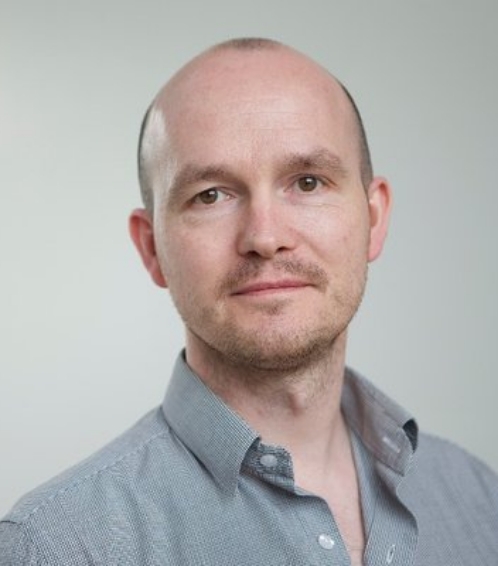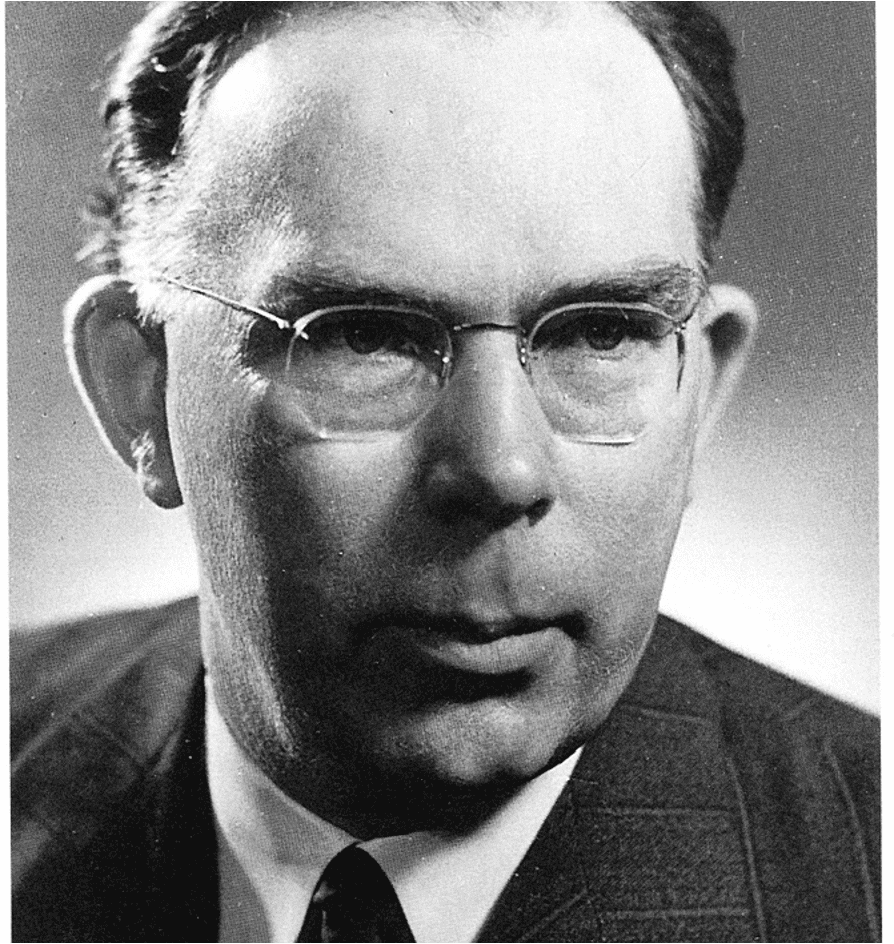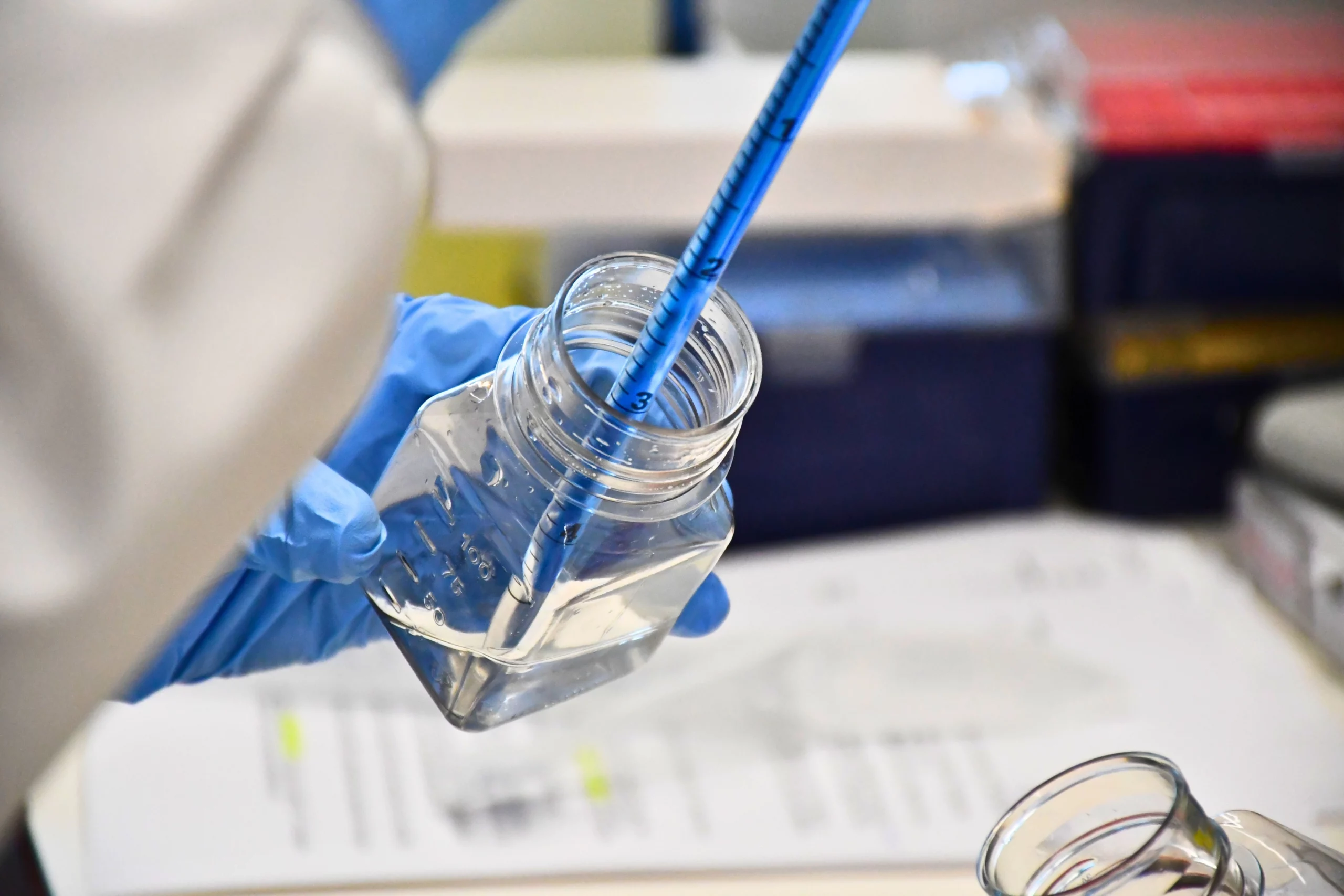About the Cancer Research UK Manchester Institute
About the Cancer Research UK Manchester Institute
Spanning the whole spectrum of cancer research
The CRUK Manchester Institute is a leading cancer research institute within The University of Manchester, spanning the whole spectrum of cancer research – from investigating the molecular and cellular basis of cancer, to translational research and the development of therapeutics.
We are one of Cancer Research UK’s core-funded institutes which means the majority of our research is supported by the public, something which is always at the front of our minds. We are incredibly grateful for this support and offer fundraisers the opportunity to visit the Institute on our open days.


Who we are
The Institute comprises over 350 Postdoctoral Scientists, Clinical Fellows, Scientific Officers, Operational and Technical staff, Postgraduate Research Students and Visiting Fellows and we pride ourselves on being as much a community as a workplace.
Meet our Senior Management Team

Director & Senior Group Leader

Deputy Director & Senior Group Leader

Chief Operating Officer

Chief Laboratory Officer
What we do
We have cutting edge laboratory facilities and outstanding core services, including genomic sequencing, confocal microscopy, bioinformatics, histology, an in vivo facility, and mass-spectrometry based proteomics..
Our new research facility supports our ambitions of integrated basic and clinical translational cancer research. It brings together a critical mass of scientists and clinicians on The Christie NHS Foundation Trust site to collaborate and accelerate progress for patients through integrated advances in the prevention, early detection and treatment of cancer. The new 9-storey Paterson Building, opened in Spring 2023, accommodates not only the Cancer Research UK Manchester Institute but also the Cancer Research UK National Biomarker Centre, provides state-of-the-art equipment and facilities, and alongside the Oglesby Cancer Research Building makes us one of the top cancer research centres in the world.
The Cancer Research UK Manchester Institute is at the heart of the Manchester Cancer Research Centre (MCRC). The MCRC is a virtual partnership formed in 2006 in order to consolidate links between The University of Manchester, Cancer Research UK and The Christie NHS Foundation Trust. The Christie is the largest single site cancer hospital in Europe, treating more than 60,000 patients per year. Much of our research is driven by access to the MCRC Tissue Biobank, a resource of more than 150,000 samples. We also work in close collaboration with research groups from The University of Manchester’s Division of Cancer Sciences many of whom are located in neighbouring labs and actively participate in our seminar, research and education programmes. We also have strong collaborative links with other University departments including pharmacy and The Lydia Becker Institute of Immunology and Inflammation, through to materials and computer sciences.
Our vision for world leading cancer research in the heart of Manchester
We are a leading cancer research institute within The University of Manchester, spanning the whole spectrum of cancer research – from investigating the molecular and cellular basis of cancer, to translational research and the development of therapeutics.
Our collaborations
Bringing together internationally renowned scientists and clinicians
Scientific Advisory Board
Supported by an international Scientific Advisory Board
Related information
The total funding of the CRUK Manchester Institute and the CRUK National Biomarker Centre for 2023 was £22.1m. The major source of this funding was awarded by Cancer Research UK (CRUK) via a core grant of £10.8m, a CRUK National Biomarker Grant of £2.5m plus additional strategic funding of £1.8m. This funding enables the various scientific groups and service units within the Institute to carry out their research.
The infrastructure of the CRUK Manchester Institute is funded by Research England generated income at a cost of £2.1m.
The balance of the Institute’s funding is received from a number of additional sources. The research carried out through these additional projects enhances and supports the research undertaken by the core funding.
The Cancer Research UK Manchester Institute is committed to achieving excellence in research. The pursuit of pioneering research and the fulfilment of our responsibilities to participants in research, research users and the wider community requires the maintenance of the highest standards of integrity and ethics to ensure the responsible conduct of research across the Institute.
We value honesty in all aspects of research; the highest standards of experimental rigour; transparency and open communication of our work to the benefit of the wider scientific community; care and respect for those conducting and participating in research, and aim to create a positive working environment in which to achieve the highest standards of research. To uphold these high standards of, members of the Institute will abide by the commitments outlined in Universities UK Concordat to Support Research Integrity.
Policies relating to research integrity
We follow CRUK’s Research Integrity Policy and Guidelines for Scientific Conduct, and as part of The University of Manchester, we adhere to its Code of Good Research Conduct, which sets out a commitment to research integrity and the expectations of those who conduct research at the university. As part of the University, we are also subscribers to the UK Research Integrity Office.
Guidance and support for researchers
We recognise that the pursuit of the highest standards of research is an ongoing process, and seek to develop a culture of continuous improvement. To embed a culture of good research practice for all staff and students, the Institute provides training and advice on the importance of integrity and rigour in all research undertaken. This begins with a specific Research Integrity Induction, to ensure that all researchers are aware of their obligations with respect to proper scientific conduct, and is supported by seminars and workshops throughout the year.
To facilitate upholding these high standards and to facilitate ongoing training, we have appointed a dedicated Research Integrity and Training Adviser who reviews all research papers and reviews prior to submission, and supports authors through the publication process.
Useful links
CRUK Manchester Institute Use of Animals in Our Research
Cancer Research UK’s Research Integrity Policy
Cancer Research UK’s Grant Terms and Conditions
Concordat to Support Research Integrity
The University of Manchester Research governance, ethics and integrity
Give every paper a read for reproducibility
We want as many people as possible to be able to use the site, so have designed it to let you edit your preferred settings, with options to:
- zoom in up to 400% without the text spilling off the screen
- navigate most of the website using just a keyboard
- navigate most of the website using speech recognition software
- listen to most of the website using a screen reader
AbilityNet can help you to make your device easier to use if you have a disability.
How accessible the website is
We know that some elements of the website are not fully accessible. For example, some of the text in the cookie controller may not be appropriately tagged.
Feedback and contact information
If you would like to comment on the accessibility of this website, please email clients@cornerstonedm.co.uk.
We’ll get back to you within 7 days.
Reporting accessibility problems with this website
We’re always looking to improve the accessibility of this website. If you have any problems that aren’t already mentioned, or you think we’re not meeting accessibility requirements, email us at clients@cornerstonedm.co.uk.
Enforcement procedure
The Equality and Human Rights Commission (EHRC) is responsible for enforcing the Public Sector Bodies (Websites and Mobile Applications) (No. 2) Accessibility Regulations 2018 (the accessibility regulations). If you’ve made a formal complaint to us about our website’s accessibility, and aren’t happy with our response, contact the Equality Advisory and Support Service.
Technical information about this website’s accessibility
Cornerstone Design and Marketing is committed to making its websites accessible, in accordance with the Public Sector Bodies (Websites and Mobile Applications) (No. 2) Accessibility Regulations 2018.
Compliance status
The alknowledge.org website is partially compliant with the Web Content Accessibility Guidelines version 2.2 AA standard, due to the non-compliances and exemptions listed below.
Non-accessible content
The content listed below is non-accessible for the following reasons.
Non-compliance with the accessibility regulations
Mislabelled heading in Cookie Controller
A heading in the ‘Cookie Yes’ cookie controller (‘We value your privacy’) is not tagged as a heading element. This fails:
We cannot amends this, as it’s to do with the way this third party plugin is coded. But we believe the impact it has on the functionality of the site is minimal.
Preparation of this accessibility statement
This statement was prepared on 2 January 2025.
The website was last tested 10 December 2024. The test was carried out by staff at Cornerstone Design and Marketing, testing a number of page templates.
We completed our accessibility audit by testing the site using WAVE.
Most of our research does not involve animals but some animal research is essential if we are to understand, prevent and cure cancer.
Cancer Research UK only uses animals when there is no alternative. To find out more, you can read the CRUK policy on animal research and the benefits of this research for cancer patients.
As part of The University of Manchester, we are also committed to its policy on the ethical and responsible use of animals in research.
The Institute has created an action plan to reflect its commitment to Equality, Diversity, and Inclusion at the Institute and in our local community. This action plan will be in place until the new Director is appointed at which point the plan will be reviewed.
The Institute’s current vision for EDI is to create a diverse and inclusive culture which develops, attracts, and maintains a positive environment for staff and students whilst achieving the Institute’s aim to deliver world class cancer research at the Institute.
The Manchester Cancer Research Centre (MCRC) was formed in 2006 by The University of Manchester, Cancer Research UK and The Christie NHS Foundation Trust. It has since been established as the cancer research arm of the Manchester Academic Health Science Centre (MAHSC), which is a strategic partnership between the University and six NHS Trusts across Greater Manchester.
The Cancer Research UK Manchester Centre is a translational research centre that delivers world-leading research across six cross-cutting research themes – from developing novel radiotherapy and experimental cancer medicines, to driving early detection and biomarker sciences into the clinic.
Established in 2013, before becoming a designated Major Centre in 2015 the CRUK Manchester Centre is a translational research centre that unites basic, translational and clinical research in order to deliver cancer precision for all. We prioritise our research across five distinct research themes across seven key disease sites. The CRUK Manchester Centre was recognised as a ‘Major Centre’ in 2015 and in 2022 was successfully renewed as part of CRUK’s seven centre network. The Centre is led by Professor Robert Bristow. It helps to support activities in three core areas:
- Accelerating translation of lab-based discoveries into the clinic
- Improving access and efficiency of treatment for patients with cancer
- Training the next-generation of world-leading cancer scientists
The CRUK Manchester Institute is a partner in the CRUK Centre of Excellence for Lung Cancer. Launched in 2014, and renewed in 2019 and 2024, the CRUK Lung Cancer Centre of Excellence is a partnership between Manchester and University College London (UCL) and unites internationally renowned scientists and clinicians within the field of lung cancer research. Research is focused around eight complementary and interacting themes: Basic Science, Immunology, Drug Discovery, Early Detection and Pre-Invasive Disease, Tumour Evolution and Heterogeneity, Biomarkers, Clinical Trials and Radiation Biology/Radiotherapy Trials.










